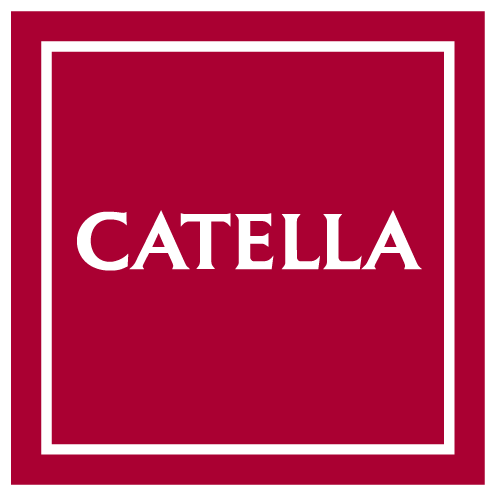'In war, whichever side may call itself the victor, there are no winners, but all are losers.'
Neville Chamberlain
Before the start of 2019, we saw ahead of us a challenging year for the financial markets. In particular, we were worried about the first half of the year, when our assessment was that growth expectations would continue to be adjusted downwards and that this would, in turn, lead to downward adjustments in corporate profit expectations. We were more constructive about the second part of the year, when we expected that conditions for monetary policy stimulus would be good. Looking back, the US Federal Reserve signalled a swing in monetary policy in the final days of last year, which raised the mood in the global asset markets. The importance of central banks has again proved to be the most crucial parameter for the development of asset markets, even more so than war. The war I refer to is the trade war being waged by US President Trump on multiple fronts.
There are alarming historical parallels, with trade wars having been the early sign of sabre rattling, something we have so far thankfully avoided. The reasoning behind the trade war should be considered in the light of next year's presidential election, as a part of Trump's campaign to be re-elected. The key factors for re-election are a strong economy and low unemployment, which suggests that a peace agreement will be signed in good time before voting begins. Peace would be a dream scenario for the market, but only after monetary policy stimulus. The range of potential outcomes is wide, and remember Neville Chamberlain's comment that, 'In war, whichever side may call itself the victor, there are no winners, but all are losers'.
The market is quick to factor in the future, and bond yields have continued to fall in the first half of the year. Based on the appearance of the yield curve, the probability of a recession is significantly higher than in a normal year. That said, the stock market and the credit market are pricing in a slowdown of growth, but hardly a recession. The different asset markets usually trade in reasonable synchronisation, but this is not the case right now, which offers an interesting position for the second half. In very broad terms, there are two possible outcomes: Either there will be significant monetary policy stimulus in the coming months, which would support the stock markets and turn falling bond yields into rising interest rates, or the central banks will judge that the economy can manage well without more stimulus, which would very likely result in falling stock prices and wider credit spreads. Whatever the outcome, we will find out over the summer, and my assessment at the moment is that central banks will accommodate the market by signalling and providing more stimulus. This will then create a continued good environment for equities and credits, and facilitate a pacification of the trade war, which brings to mind the elegant words sometimes attributed to Abraham Lincoln, 'There is nothing good in war. Except its ending'.
I wish you a very good summer!

